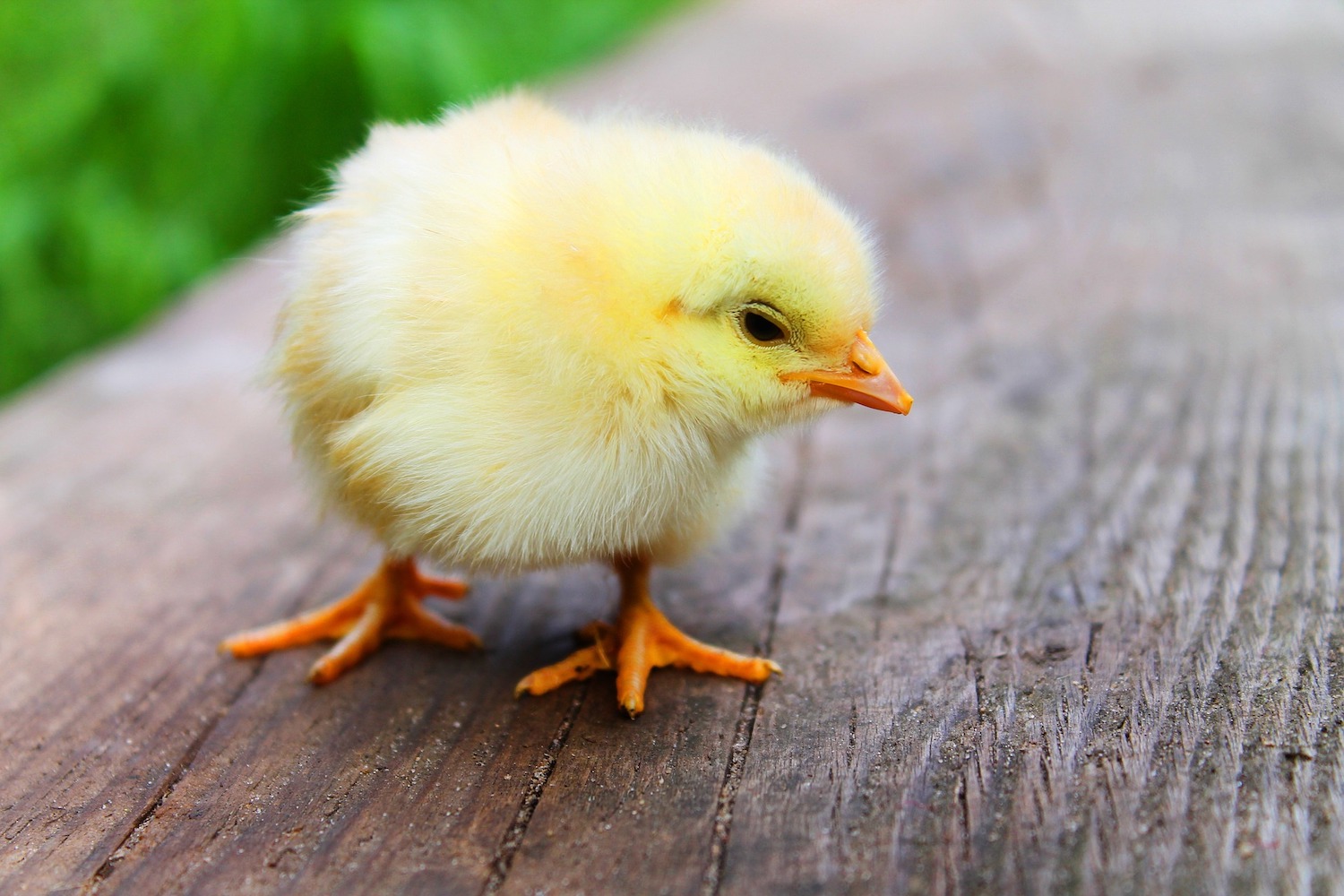– Teresa Madaleno:
People all around the world seem relieved to hear that the COVID-19 pandemic may soon be declared “over”. However, while there is no need to panic, scientists and health agencies want people to be aware that the next virus could already be percolating.
Bird flu is starting to cause concern because there seems to be evidence of spillover. Spillover is when an illness in one species spills over to another species. In the case of bird flu, there is evidence it has been infecting other mammal species, including mink and seals. Hundreds of millions of birds have died of the bird flu since the fall of 2021, but the most alarming news came in late February (2023) from the World Health Organization. The WHO revealed that an 11-year-old girl in Cambodia died from bird flu. So far there is no evidence the strain discovered in the little girl has spread from human to human. It is believed the girl got the flu directly from a bird.
“This is the kind of natural phenomenon that our team pays close attention to. We have a health division and have always said that our environment is closely linked to our health. Our belief as a technology company is that when there is a problem, there is opportunity to develop a solution,” said Sparta President and CTO, John O’Bireck
Doctor Christine Dupont is a biologist with the University of Waterloo. Here’s what she recently said about the bird flu:
“This strain doesn’t seem like just a regular bird influenza. It’s a highly pathogenic avian influenza. Bird influenza is common, and these viruses evolve quickly. It’s monitored intensely because there is potential for bird flu to become a human pandemic.”
Dupont went on to explain that spillover is a concern when you have a highly pathogenic virus that can cause infection in various organ tissues. Pandemics we have experienced in the past, such as the Spanish flu and the swine flu came from spillover that can be traced back to bird flu.
Experts at the Doherty research institute in Australia explain that some viruses, as part of their natural evolution, are good at jumping to new hosts. This is what happened with mpox, formerly called moneypox and with SARS-CoV-2 (COVID).
Climate change, as well as urban sprawl are bringing humans and wildlife closer together thus creating more opportunity for us to interact with animals, including those that are infected. Government agencies and researchers are monitoring the situation with bird flu.
So, what can you do? The WHO is recommending you avoid direct contact with sick or dead wild birds, poultry, or wild animals. If you come across a dead bird report it to local authorities.



